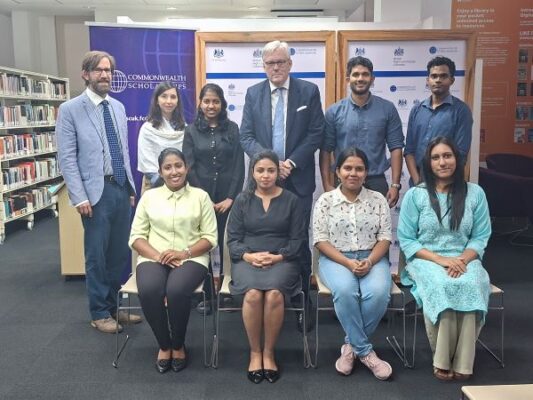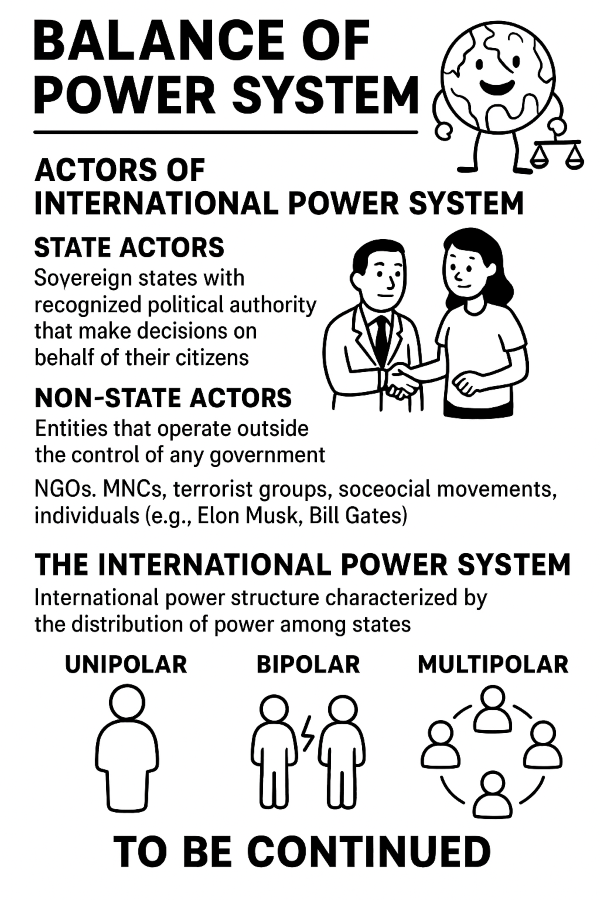Vap Full Moon Poya Day: A Day of Spiritual Significance-by Kalani-eLanka

The Vap Full Moon Poya Day, observed in October, holds a special place in the hearts of Buddhists in Sri Lanka. It is one of the most sacred days on the Buddhist calendar, commemorating various events in the life of the Buddha and the monastic order. Like all Poya days, Vap Poya is a time for reflection, religious observances, and acts of merit.
Vap Poya primarily marks the end of the Vassana season, also known as the “rainy retreat,” when monks and nuns remain in one place for meditation and Dhamma discussions. This three-month retreat, called the Vassa, is one of the most important periods in the Buddhist monastic calendar, and it ends ceremoniously on Vap Poya.
According to tradition, during the Vassana period, the Buddha encouraged monks to stay in one place, avoiding unnecessary travel. This practice is believed to have fostered greater focus on meditation and spiritual development. On Vap Poya, after the completion of Vassa, monks and laypeople alike come together for special ceremonies.
In addition to its religious importance, Vap Poya also carries cultural and agricultural significance. It marks the start of the traditional paddy sowing season in Sri Lanka. Historically, kings and local leaders initiated the cultivation season on this day. Today, while modern agricultural practices have evolved, the symbolic importance of Vap Poya as the starting point for the Maha season (the main rice-growing season) is still recognized.
One of the key rituals associated with Vap Poya is the Katina Pinkama, the offering of robes to monks who have completed the Vassa period. This ceremony is considered an act of immense merit and is one of the most highly regarded events in the Buddhist calendar. The Katina robe offering involves the lay community donating robes, which are then presented to the monks. The act of giving symbolizes generosity and strengthens the bond between the laity and the monastic community.
The Katina robe must be made within a single day and offered to the monks before dawn the following day. This act of offering robes is believed to bring great blessings and is eagerly awaited by devout Buddhists.
On Vap Full Moon Poya Day, devotees flock to temples across the island to participate in religious activities. These include:
- Observing Sil: Many Buddhists observe Atasil (the Eight Precepts) or Dasasil (the Ten Precepts) on Vap Poya. This involves abstaining from worldly pleasures, meditating, and spending the day in temples, focusing on spiritual development.
- Dhamma Sermons: Temples organize Dhamma sermons and discussions, where monks preach about the teachings of the Buddha. These sessions offer guidance and help devotees deepen their understanding of Buddhism.
- Almsgiving: Offering food to monks and the less fortunate is a common practice on Vap Poya. It is believed to cultivate compassion and generosity.
- Meditation Retreats: Some devotees participate in meditation retreats on Vap Poya, dedicating the day to deepening their mindfulness and inner peace.
For Buddhists, Poya days like Vap offer a unique opportunity to reflect on the Buddha’s teachings and integrate them into daily life. The focus on non-violence, compassion, and mindfulness serves as a reminder of the importance of leading a righteous life. Vap Poya, with its emphasis on the monastic community and the end of the rainy retreat, also highlights the value of spiritual growth through community and reflection.
Vap Full Moon Poya Day is more than a religious observance; it is a time for Sri Lankans to come together in devotion, community, and reflection. As they honor the Buddha’s teachings and the traditions passed down through centuries, the rituals of Vap Poya foster a sense of spiritual renewal and communal harmony. Through meditation, offerings, and acts of kindness, devotees on this day work towards achieving inner peace and understanding.























